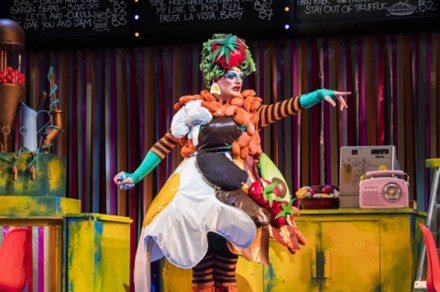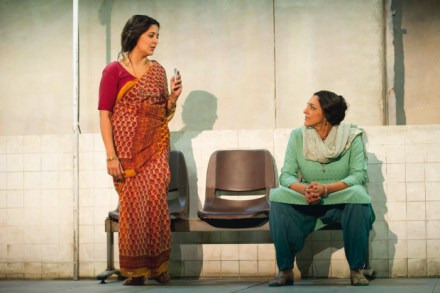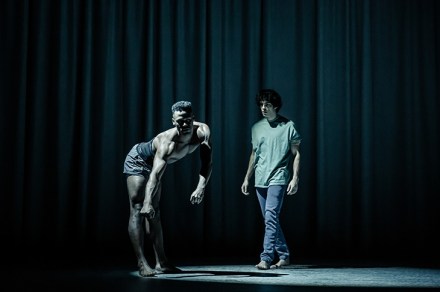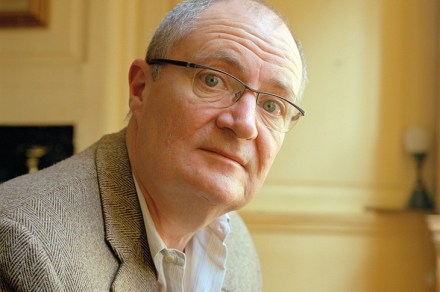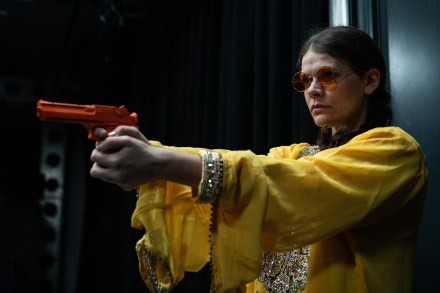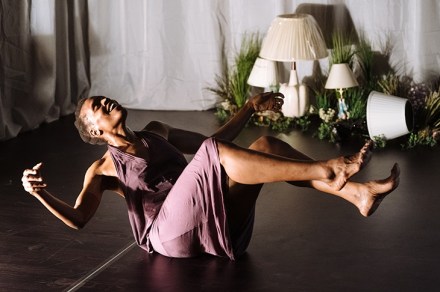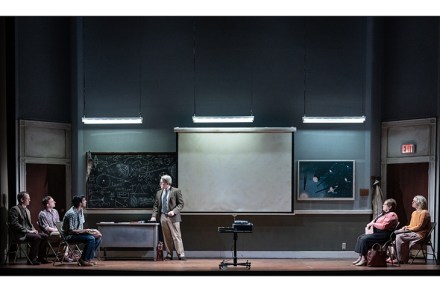Is it time to give up on the Ibsen adaptations?
Pub quiz question: what do John Osborne, Brian Friel and Patrick Marber have in common? The answer is they’ve all written their own versions of Hedda Gabler. Although none of them, it should be noted, to any particular critical acclaim. Is it time to give up on the Hedda adaptations altogether and just stick to the original? Or maybe opt for a different tack: why not let a woman have a go? Step forward, Cordelia Lynn, a 30-year-old playwright with three London productions under her belt. Having updated Chekhov’s Three Sisters for the Almeida this spring, she now turns her attention to Ibsen. And she isn’t afraid to get stuck


